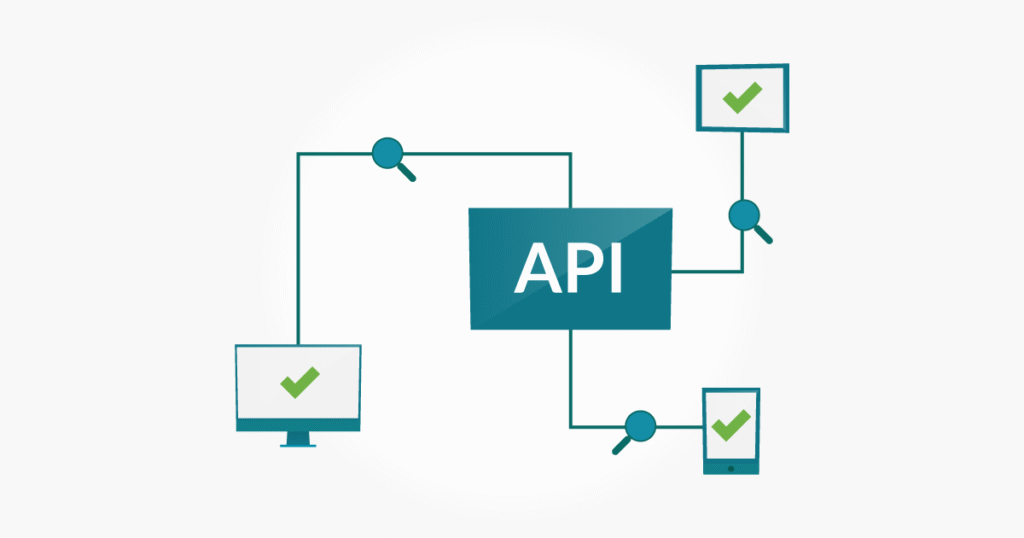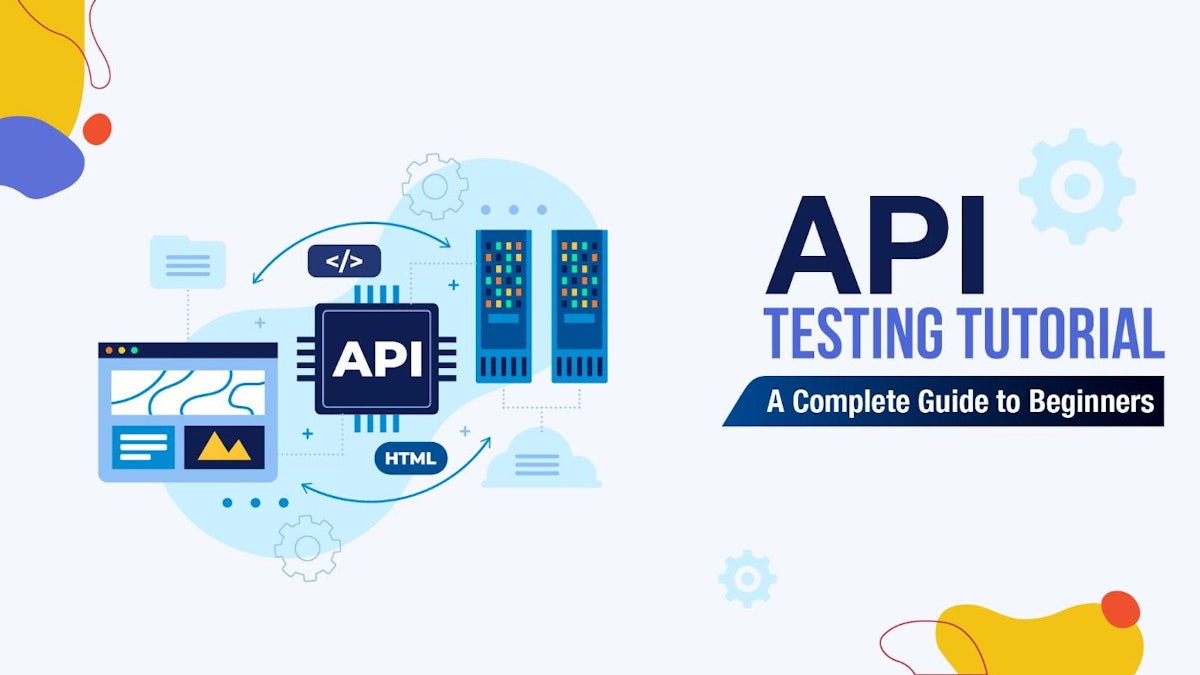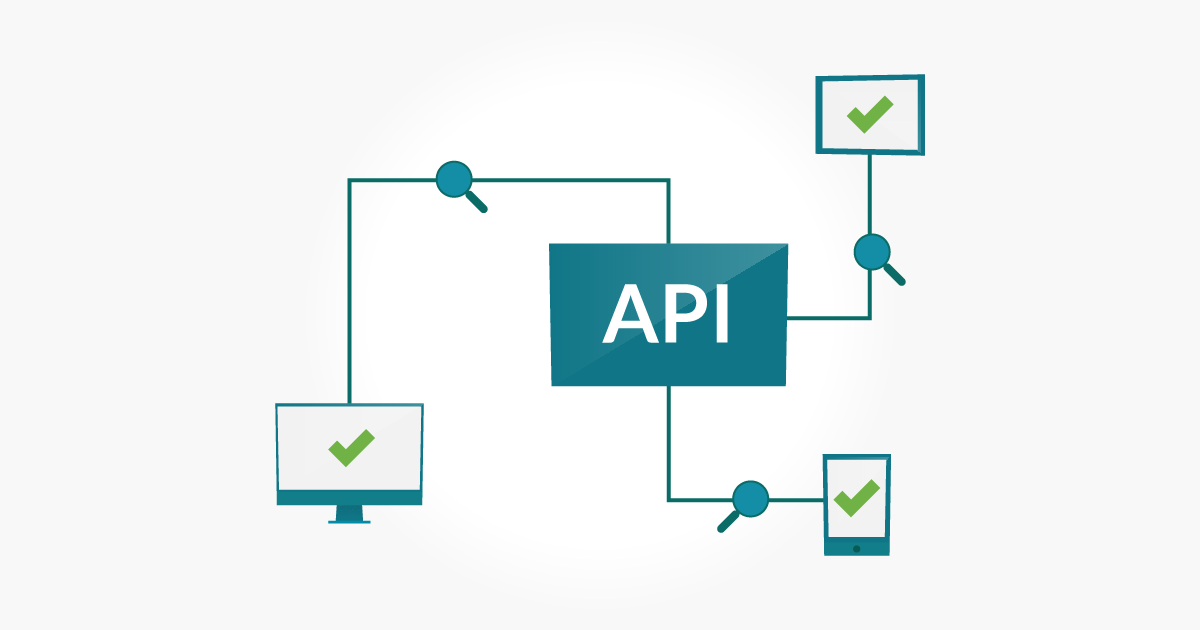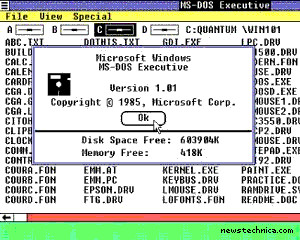
Alright, check it, fam! Let’s get into this API testing ting, straight up. You wanna learn this game? We gon’ lay it down, nice and smooth, so you can grab it quick.
First things first, understand that API testing is crucial. It’s like making sure the foundation of yo’ house is solid before you start buildin’ the walls. If the foundation ain’t right, the whole thing gon’ crumble. APIs are the backbone of a lot of modern applications, connecting different services and systems. Makin’ sure they work together seamlessly is essential for a smooth user experience.
API Testing: The Fundamentals

Think of an API like a waiter in a restaurant. You (the application) send a request (your order) to the waiter (the API). The waiter takes that request to the kitchen (the server), who prepares your food (the data). Then, the waiter brings the food back to you (the response). API testing is basically makin’ sure that waiter ain’t messin’ up your order, and that the kitchen ain’t servin’ you no spoiled food.
There are different types of API tests you can run. You got your functional tests, which make sure the API is doing what it’s supposed to do. Then you got your performance tests, which check how fast the API is responding, especially when it’s under pressure. Security tests make sure the API is protected from hackers and unauthorized access. And finally, you got your reliability tests, which verify that the API is stable and can handle a large volume of requests without crashing.
When you start testing, you’ll be usin’ different tools and techniques. Some popular tools include Postman, SoapUI, and JMeter. These tools allow you to send requests to the API and analyze the responses. You can also write code to automate your tests and make sure they’re run consistently.
Postman: Your API Testing Best Friend

Speaking of tools, let’s talk about Postman. This is like your go-to for learnin’ and executing API tests. It’s a user-friendly interface that lets you create, send, and analyze API requests without writin’ a whole bunch of code. You can set up different environments, manage your API collections, and even collaborate with your team. It’s a must-have in your API testing toolkit.
With Postman, you can easily define the request method (GET, POST, PUT, DELETE), specify the endpoint URL, add headers, and provide the request body. Then, you can send the request and view the response, including the status code, headers, and body. This allows you to quickly identify any issues or errors in the API.
The key takeaway here is to practice. Don’t just read about API testing, actually get in there and start testin’. Experiment with different APIs, try out different tools, and see what works best for you. The more you practice, the better you’ll become at identifyin’ and fixin’ API issues. And remember, keep it real, keep it thorough, and keep it testin’!
If you are looking for The Definitive API Testing Tutorial for Beginners – Codoid you’ve came to the right web. We have 10 Images about The Definitive API Testing Tutorial for Beginners – Codoid like API Testing Tutorial: A Complete Guide to Beginners | HackerNoon, The Definitive API Testing Tutorial for Beginners – Codoid and also A Definitive API Testing Tutorial for Beginners Learn the API testing. Read more:
The Definitive API Testing Tutorial For Beginners – Codoid

codoid.com
A Definitive API Testing Tutorial For Beginners Learn The API Testing

www.pinterest.com
API Testing For Beginners

www.hackingloops.com
API Testing – Learn REST And SOAP Web Service Testing

artoftesting.com
Learn API Testing With POSTMAN

learnapitesting.com
API Testing Tutorial: A Complete Guide To Beginners | HackerNoon

hackernoon.com
Learn API Testing – Complete Tutorial With Video

www.thetesttribe.com
Learn API Testing – Complete Tutorial With Video

www.thetesttribe.com
The Definitive API Testing Tutorial For Beginners – Codoid

codoid.com
Tips On Conducting API Testing For Beginners

www.techdee.com
conducting testlodge techdee
Learn api testing with postman. Conducting testlodge techdee. Api testing for beginners







:max_bytes(150000):strip_icc()/008_how-to-factory-reset-a-lenovo-laptop-5115817-a67348722ce94f9783881ea29e596310.jpg)